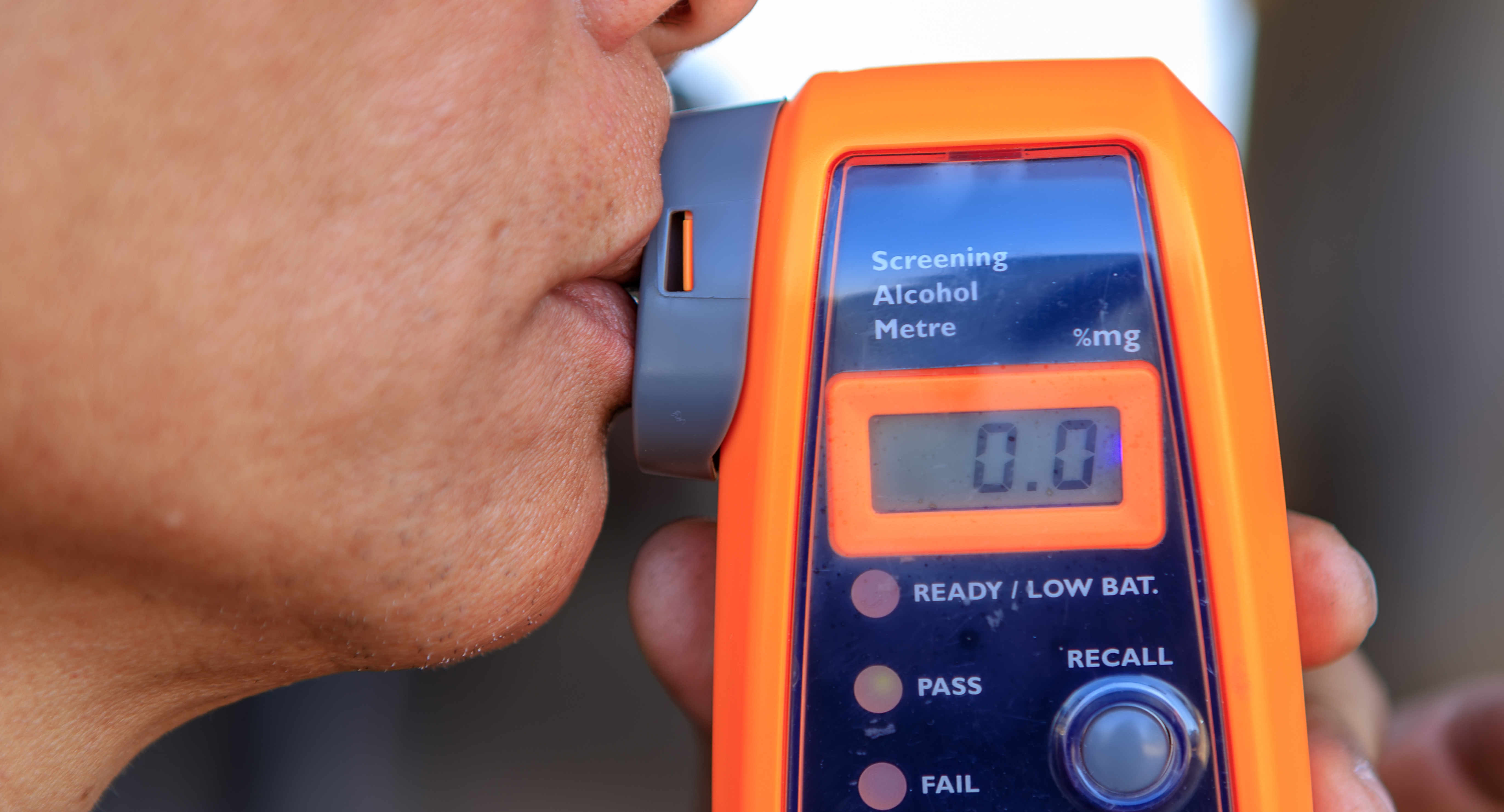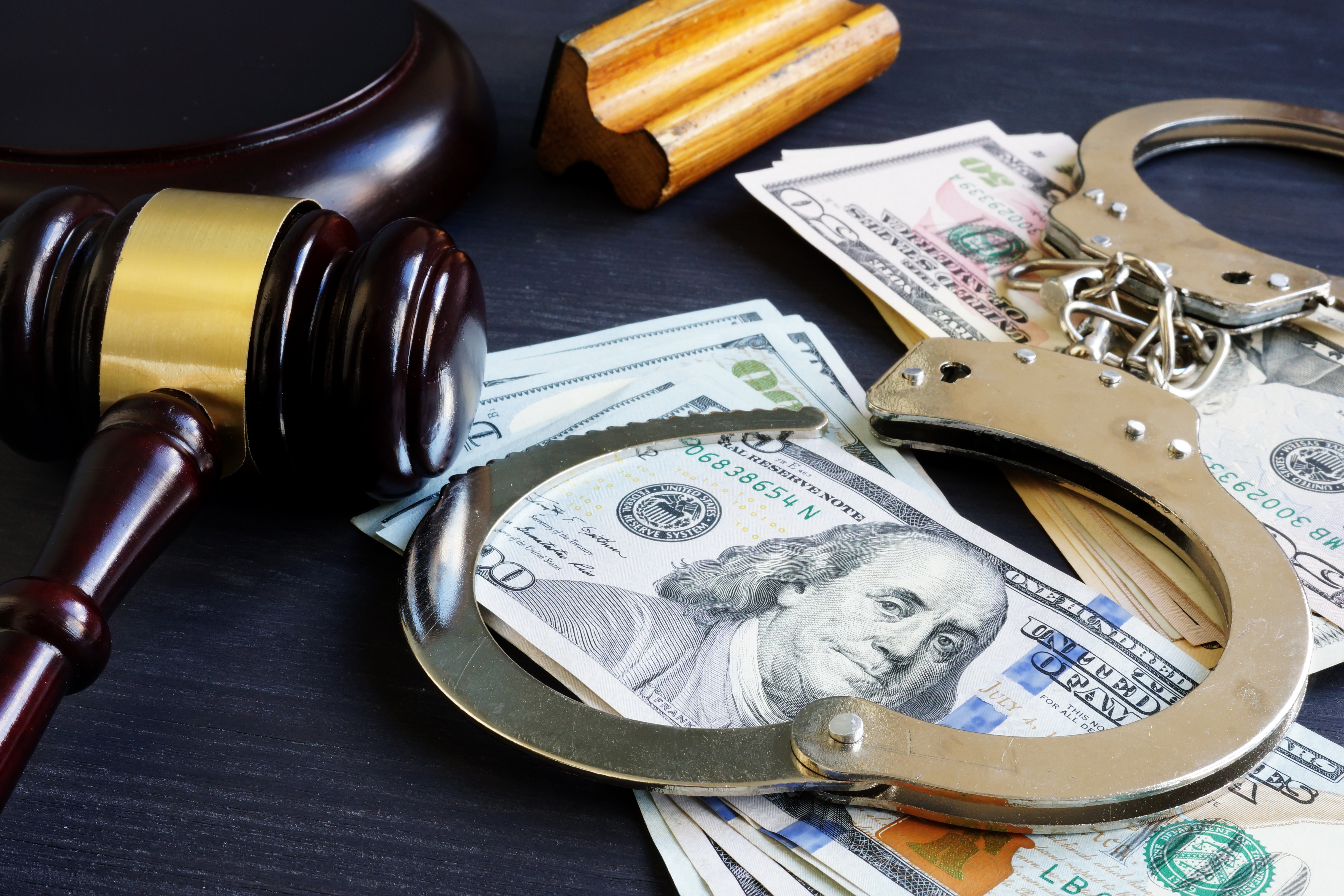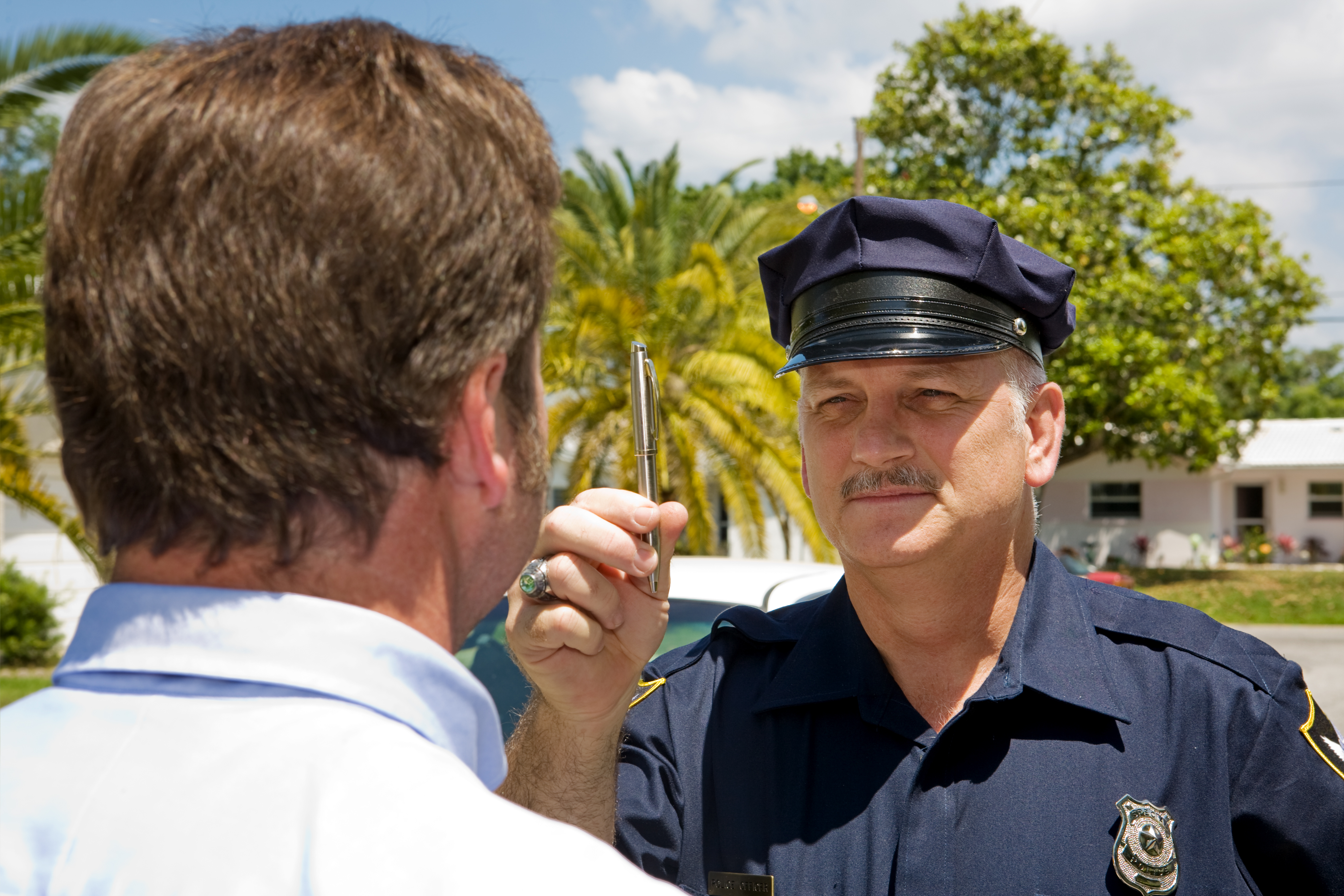In Texas, it is illegal to provide a minor with alcohol. An adult who provides or sells alcohol to a minor risks facing a Class A misdemeanor, while a minor charged with the same offense faces a Class C misdemeanor.
Whether you’re working in a liquor store or behind a bar, it’s not always easy to tell a 20-year-old from a 21-year-old. Selling alcohol to a minor, regardless of whether they are a month from their 21st birthday or much younger, is considered a very serious offense under the Texas Alcohol and Beverage Code.
Similarly, if you have just turned 21, it may be tempting to buy alcohol for your younger friends. Unfortunately, you’d be breaking the law if you did.
In this article, we’ll take a look at the consequences of providing alcoholic beverages to a minor.
Texas Regulations on Selling Alcohol to Underage Individuals
According to the Texas Alcohol and Beverage Code § 106.03, “a person commits an offense if with criminal negligence he sells an alcoholic beverage to a minor.”
In other words, whether you’re selling from a convenience store, liquor store, bar or pub, a hotel, or a grocery store, it is against the law to sell an alcoholic beverage to anyone under the age of 21.
It is not a valid legal defense to argue that the customer looked older than 21–it is proof of negligence.
If you work in a place licensed to sell alcohol, you must check the ID of purchasers to confirm that they are not underage. A valid proof of identification must contain a physical description and photograph that matches the buyer, for example, a driver’s license, passport, or military ID card.
Legal Consequences of Providing Alcohol to Minors in Texas
For a first offense of Selling Alcohol to a Minor in Texas, you will face a Class A misdemeanor. If convicted, the legal consequences are as follows:
- Up to 1 year in jail
- A fine of up to $4,000
- Both fine and jail time
- 180-day driver’s license suspension
Class A misdemeanors remain on your record for life. As a result, a conviction can result in severe collateral consequences. You may end up losing your job at the establishment where you sold the alcohol to a minor. Furthermore, your record may hamper your efforts to secure employment elsewhere.
Additionally, the state of Texas can hold an individual 21 years or older found guilty of providing (selling or giving) alcohol to a minor, responsible for damages caused by the minor in question. This includes property damages resulting from automotive accidents or other physical damage caused by the minor. Even more unsettling, this law can apply to injuries or even death to the minor or death caused by the minor’s negligence following the consumption of alcohol.
Penalties for the Retailer
A conviction for selling alcohol to a minor may result in losing your TABC license. Generally, the bartender or employee who makes the sale negligently will face criminal consequences. However, the retailer, bar, restaurant, or other licensed establishment can still be administratively responsible.
A first-time offense of selling alcohol to a minor may result in the Texas Alcoholic Beverage Commission (TABC) suspending your liquor license for up to 90 days.
When Criminal Negligence Is Not a Factor: What Happens?
Under the Texas Alcoholic Beverage Code § 106.06, “…a person commits an offense if the person purchases an alcoholic beverage for or gives an alcoholic beverage to a minor.”
A violation of this law is a Class A misdemeanor, punishable by up to 1 year in jail, a fine of up to $4,000, or both.
However, there is one exception to this law. A person may purchase or give an alcoholic beverage to a minor if the person is “the minor’s adult parent, guardian, or spouse” and they are visibly present when the minor consumes the alcoholic beverage.
Unfortunately, this exception does not affect the sale of alcohol to a minor, which is still illegal—even in the presence of the minor’s parents, adult spouse, or legal guardian.
Fake IDs and Alcohol Sales to Minors
Here’s what § 106.07 of the Alcoholic Beverage Code states about the misrepresentation of age by a minor:
“A minor commits an offense if he falsely states that he is 21 years of age or older or presents any document that indicates he is 21 years of age or older to a person engaged in selling or serving alcoholic beverages.”
If a minor bought alcohol from you using false identification, they could be charged with a Class C misdemeanor punishable by a fine of up to $500 and community service.
On the other hand, you cannot be criminally responsible if a minor uses fake ID to buy alcohol from you. Note that a valid ID needs to contain a photograph of the person it belongs to and a physical description that matches them. Examples of valid IDs include a driver’s license from any state, a passport, a military ID card, or other ID issued by any US state or the federal government.
The Best Strategy for Defenses Against Selling Alcohol to a Minor Charges in Texas
Selling or providing alcohol to a minor in Texas is a very serious crime. A conviction for this offense can permanently and negatively alter a person’s life. Class A misdemeanors remain on your record forever. If you are facing these charges, it is essential that you contact an experienced criminal defense attorney so that you can come up with valid defense strategies.
Your criminal defense lawyer may be able to negotiate a plea deal with the court to reduce the consequences of providing a minor with alcohol. In the case of a first offense, success is more likely—but only with the help of an experienced attorney who knows the law inside out.
Every case is different, and you won’t know your options for certain until you speak to a professional. Book a free case review with Michael & Associates today, and we can discuss the best options available to you.




